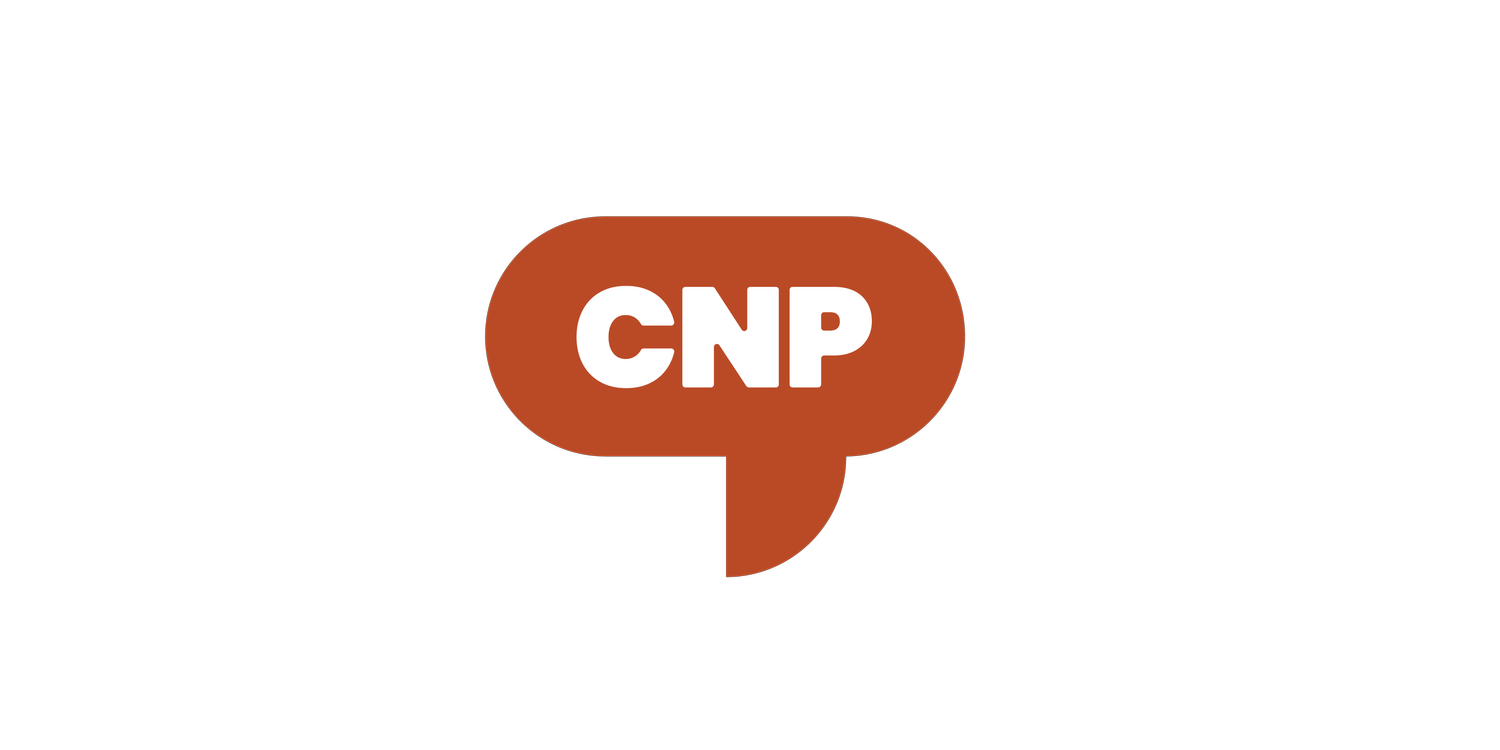Request for Applications: The Counter Narrative Project (CNP) Media Fund
About the Opportunity | Timeline | Completing the Application | Frequently Asked Questions
CNP is excited to announce a new funding opportunity through our CNP Media Fund, which is currently accepting applications. The Fund will provide mini-grants to media organizations to build their capacity to tell more stories about the impact of HIV on vulnerable communities. This funding opportunity is made possible by generous support from ViiV Healthcare’s AMP Grant Initiative.
About CNP
Founded in 2014 as a catalyst for social and cultural change, CNP seeks to shift narratives about Black queer men to change policy and improve lives. A key component of our narrative shift work is to increase awareness of health issues affecting Black LGBTQIA+ individuals—especially HIV—through increased stories in the media.
CNP believes the media is a key stakeholder in shifting narratives to combat stigma and seeks to collaborate with media outlets that are committed to HIV justice and wish to facilitate the publication and amplification of such stories.
Since its founding, CNP has collaborated with writers, artists, journalists and storytellers to offer more complex and compelling stories about the community. CNP has provided information and resources to journalists seeking to report on HIV, LGBTQIA+ issues, and community health concerns. CNP has also shared content from their digital publication The Reckoning. CNP has worked with community organizers and advocates to write and publish blogs, Op-Eds and first-person narratives in newspapers and magazines.
About the Opportunity for Funding
CNP is offering the opportunity for media organizations in critical markets to apply for funding to support the creation and publication of stories that highlight the impact of HIV on vulnerable communities. Most grants will be between $10,000 and $20,000 and as part of this opportunity, CNP will convene selected grantees to train and empower them to better cover the impact of HIV and related issues. This initiative is rooted in the long-standing commitment and leadership of CNP within narrative justice work.
Applications for funding must be submitted by 5:00pm ET on Friday, March 7, 2025 via this form.
Goal
To reduce HIV-related stigma by amplifying stories that highlight the impact of HIV on vulnerable communities.
Grant Focus
Increase the number of stories being published or produced about the impact of HIV on vulnerable communities.
Grant Information
The Fund will provide mini-grants and contracts to media organizations, to build their capacity to tell more stories about the impact of HIV on vulnerable communities. CNP will provide up to 12 grants, with most grant awards being between $10,000 and $20,000. The 2025 grant period will begin on June 1, 2025 and end on December 31, 2025. Grantees will be expected to publish/produce between four (4) and six (6) stories during the grant period. The number of stories that grantees will be expected to publish/produce will depend on each individual grant award. Please note that CNP expects deep reporting for these stories. The medium used for the stories can be written (print or online) and/or audio (podcast or radio). CNP expects to have a diverse grantee cohort creating stories across media types.
Technical Assistance
CNP will provide grantees with technical assistance and trainings free-of-charge through this grant initiative. The training schedule along with the topics for individualized technical assistance will be determined once the grant period begins. Please note that all funded grantees will be expected to participate in three cohort-wide trainings that will be scheduled once the grant period begins.
Eligibility
Attend one of the two pre-application information sessions (highly recommended)
Media organizations with an audience reach in critical media markets, especially markets in the southern U.S.
Applicants must be based in the U.S. with a 501(c)(3) designation or have an associated entity with a 501(c)(3) designation to receive and manage the grant
Please contact us if your organization does not have a 501(c)(3) designation and does not have an associated entity with such a designation
Must be able to meet the partnership expectations outlined in the next section during the contract period
Grantee Expectations
Submit a program work plan for approval before grant period begins
Provide monthly progress updates via email
Publish/produce between four (4) and six (6) stories covering people living with HIV and/or the impact of HIV on vulnerable communities—the number of stories will be based on grant amount
Attend three 2-hour trainings on HIV, non-stigmatizing language, and other relevant topics over the course of the grant period
Participate in a midpoint check-in meeting with CNP staff
Complete a final report that includes links to published stories
Program Work Plans
Organizations awarded a grant/contract will be expected to submit a program work plan before the grant/contract period begins. Grantees will have two weeks from notification of award to submit a program work plan for approval. The program work plan will outline a schedule for story publication/production, staff responsible, and major tasks associated with the grant project. CNP will be diligent with reviewing, providing feedback, and approving program work plans in time for the contract/grant period to begin.
Use of Grant Funds
Grant funds are for the exclusive purposes outlined in the proposal, once approved by CNP.
Grant funds may not be used for any of the following:
Direct lobbying
Purchase of any medications
Product donations
Matching gifts
Salary of a licensed medical professional
Patient assistance programs
Certified medical education
Direct building expenses, endowments or other capital expenditures
Possible Supported Projects
Op-Eds
Cultural criticism
Arts and culture reviews
News articles
Feature stories and profiles
Podcasts
Timeline
Request for Applications Released: Friday, February 7, 2025
Informational Session 1: Wednesday, February 12, 2025 at 2PM ET/11AM PT
Informational Session 2: Wednesday, February 19, 2025 at 2PM ET/11AM PT
Proposals Due: 5PM ET on Friday, March 7, 2025
Applicants Notified of Decisions: Friday, May 2, 2025
Grantees Submit Program Work Plan: Friday, May 16, 2025
Program Work Plans Approved: week of May 25, 2025
Grant/Contract Period Begins: Sunday, June 1, 2025
Orientation for Grantees: week of June 1, 2025
Midpoint Check-In: week of September 14, 2025
CNP Grantee Summit: early November 2025
Grant/Contract Period Ends: Wednesday, December 31, 2025
Final Report: Friday, January 30, 2026
Application Informational Sessions
CNP will host two informational sessions to review this Request for Applications and answer questions. It is strongly encouraged that all applicants attend one of the two sessions. The first session will be on Wednesday, February 12, 2025 at 2PM ET/11AM PT and the second session will be on Wednesday, February 19, 2025 at 2PM ET/11AM PT. Please register for the sessions using this link.
Completing the Application
Completed applications must be submitted by 5PM ET on Friday, March 7, 2025 via this form. Below are the application prompts that will need to be completed. Please do not exceed the word maximum for each prompt.
Describe any experience covering the impact of HIV on vulnerable communities and related issues. Examples include: (1) Reporting on advances in HIV prevention or treatment; (2) Reviewing content including books, films, television, music that was created by a person living with HIV; (3) Producing a podcast episode that highlights HIV and its impact on vulnerable communities; (500 words max.)
A strong response includes at least two issues that the organization has covered with details about the published or produced pieces.
Any examples described must be accompanied by a link or an attachment to the published or produced piece.
Describe any experience creating content or telling stories about issues that some members of the public might find controversial. What approach did you take to ensure the facts were presented accurately and that diverse perspectives were included? Please provide linked examples of this work. (500 words max.)
A strong response includes an example of an issue that was covered about which members of the public have strong negative opinions, the approach taken to present facts accurately, and how differing perspectives were included.
If the organization has not covered such content, describe what approaches would be taken if such a topic were covered.
Describe your audience reach, the media market(s) where your content is disseminated, and the people who engage with your content. (500 words max.)
A strong response includes a clear description of the makeup of the audience(s) engaged, a description of the media market(s) where the organization disseminates its work, and an estimated number that represents the reach of the organization’s work.
Describe any challenges you may experience in producing and/or covering stories that highlight the impact of HIV on vulnerable communities and how you will address those challenges. (500 words max.)
A strong response includes at least two realistic challenges that the organization could face while covering stories about HIV and related issues along with a clear explanation of the steps the organization might take to address those challenges.
List at least four (4) ideas for stories that will highlight the impact of HIV on vulnerable communities and could serve as the basis for the creation of published/ produced pieces. (100 words max.)
A strong response will include four distinct story ideas that clearly connect to the impact of HIV on vulnerable communities.
Explain the process that the organization will use to publish or produce the stories for this project. (500 words max.)
A strong response includes details on how the organization will identify and collect the stories that will be shared, the staff who will work on creating the content, and the process used to develop and finalize the content (published/produced pieces).
List the primary form(s) of media that will be used for this project.
CNP is committed to creating a diverse grantee cohort that comprises organizations that work in various media.
Does your organization have a 501(c)(3) designation or have an associated entity with a 501(c)(3) designation to receive and manage the grant?
If no, before applying, please contact the organization at info@counternarrative.org.
Provide the total amount of the organization’s FY2025 budget.
Provide the grant amount requested.
Maximum grant request is $20,000.
FREQUENTLY ASKED QUESTIONS
This FAQ document will be updated if and as questions arise while the RFA is open, including questions asked during the informational sessions.
Where can I reach out for questions about the CNP Media fund?
You can email us at info@counternarrative.org.
Who can apply for a grant or contract through the CNP Media Fund?
We are looking for news media organizations in critical markets, especially markets in the southern U.S.
When is the deadline?
Applications must be submitted no later than 5 PM ET on Friday, March 7, 2025.
What is the grant award range (minimum and maximum grant award amount)?
Grant award amounts will vary, but most grant awards will fall between $10,000 and $20,000.
Do I need to complete a work plan with my grant application?
No. Only those organizations awarded a grant will be expected to develop a program work plan. The program work plan will be due two weeks after the grantee is notified of their award. CNP will review the work plan, provide feedback to the grantee, and then approve the work plan before the first grant payment is distributed.
Am I required to attend an RFA informational session?
No. However, CNP highly recommends attending one of the informational sessions to ensure all questions can be answered and any concerns can be addressed.
How many pieces must be published/produced during the grant period?
Most grantees will be expected to publish/produce at least six (6) pieces during the grant period. However, depending on the amount awarded, some grantees may be expected to publish/produce four (4) or five (5) pieces. All grantees can expect that at least four (4) pieces will be required.

